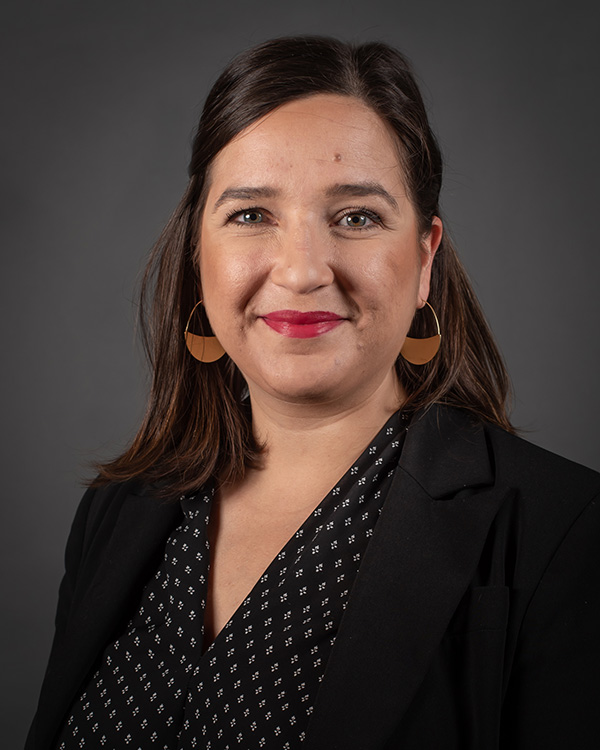The Tribal Judicial Support Clinic provided Alex Valin hands-on experience working with a sovereign Native Nation. Valin was introduced to an expansive and complex legal field. The opportunity solidified her interest in the area of law and desire to integrate it into her legal studies and future career.
In the Tribal Judicial Support Clinic at University of Kansas School of Law, students work on research projects for tribal courts. Past projects include tribal code development, legal research, drafting legal memoranda and drafting judicial orders. Clinic students have opportunities to meet with tribal attorneys and judges at tribal headquarters.
Valin shared her experience with the Tribal Judicial Support Clinic at KU Law for a Q&A.
Can you describe what kind of work did while in the program?
During my time, we worked with the Prairie Band Potawatomi Nation (Mayetta Kansas) on procedural guidelines for their healing to wellness court, a culturally informed diversion program for qualifying drug offenses.
Were there any specific skills that you developed or improved through this decision?
I learned about how tribal communities are developing best practices to address substance abuse by bringing together community-healing resources with the tribal justice process. Healing to wellness court is informed by a deep commitment to and a strong vision for rehabilitating offenders in a restorative justice process.
How do you think this experience will impact the rest of your time in law school?
The experience was just a small window into the expansive legal world of federal Indian law and tribal law and, for me, opened the door for a follow-up judicial field placement with the Prairie Band Potawatomi Nation. My experience working for a Native Nation continues to inform my interest in other areas of the law, specifically energy and environmental law, by providing an additional lens and layer of nuance with which I approach legal questions.
What has been your favorite part of participating in the Tribal Judicial Support Clinic?
The best part of the clinic was the opportunity to gain practical field work experience with the support of colleagues and faculty in a collaborative environment.
What would you say to law students considering working in the Tribal Judicial Support Clinic?
I encourage anyone interested in learning about the third sovereign to join the Tribal Judicial Support Clinic and gain first-hand legal experience working in Indian country.
This post is the eighth in a series highlighting hands-on learning opportunities at KU Law. Read previous Q&A features to find out more about individual students’ experiences in KU Law’s hands-on learning activities.
- Peyton Weatherbie, Elder Law Field Placement Program
- Lauren Stahl, Transactional Law Competition
- Kristen Andrews, Field Placement Program
- Joan Lee, Mock Trial
- Richard Weber, Medical-Legal Partnership
- Dylan Dupre, Judicial Field Placement
- Kat Girod, Moot Court
—By Sarah Pickel
